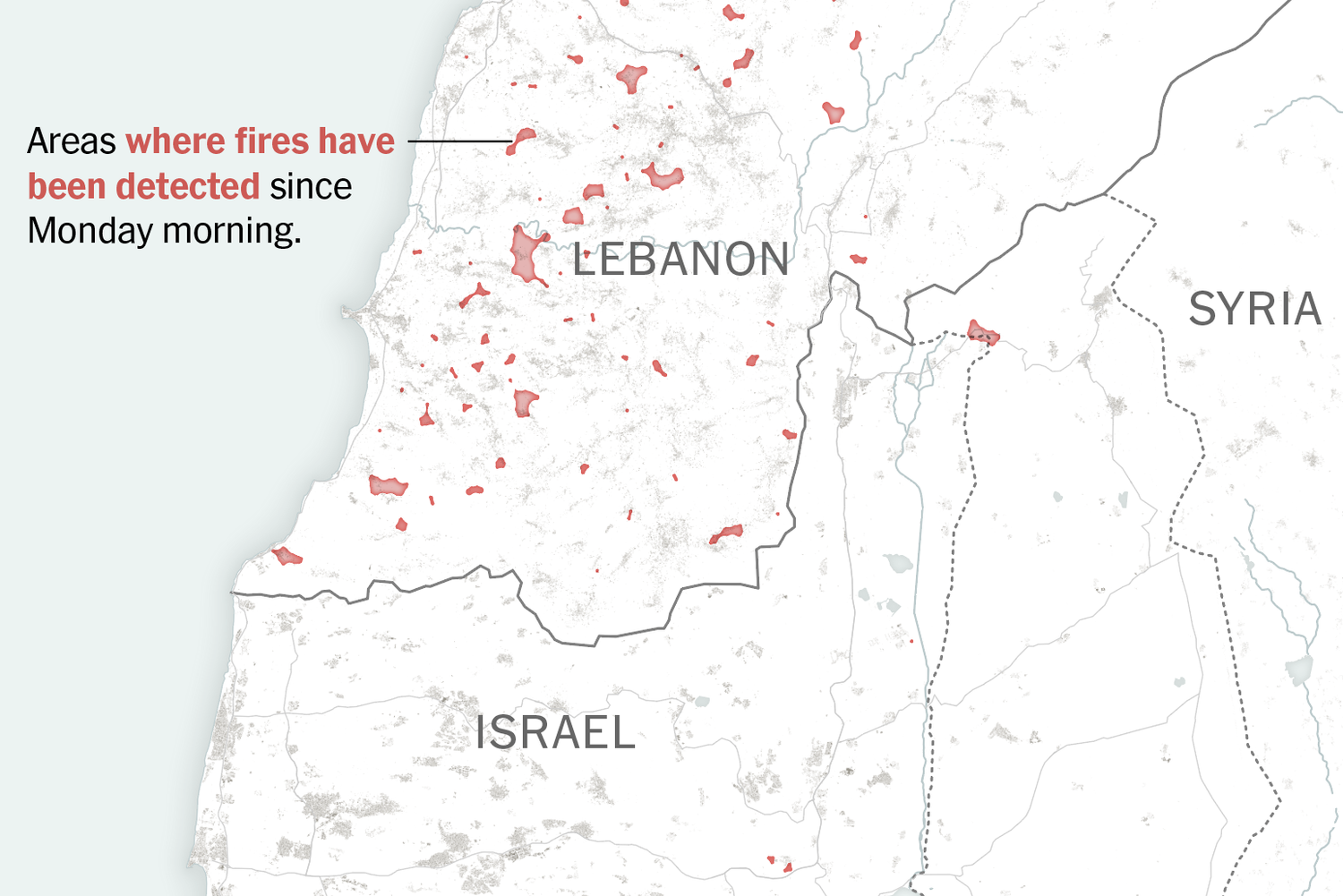Egypt has announced a significant increase in fuel prices for the second time in four months, in compliance with an economic reform condition set by the International Monetary Fund (IMF). The move aims to unlock hundreds of millions in new loans, with the IMF scheduled to review Egypt’s $8 billion loan program, the next tranche of which is $820 million.
The fuel price hike, reported in Egypt’s official gazette, reflects an up to 15 percent increase in petrol prices just days before the IMF review. The new prices are set to take effect imminently, following the announcement made by Egypt’s Ministry of Petroleum and Mineral Resources.
The price of petrol is expected to rise by about 15 percent, resulting in a range of 12.25-15 Egyptian pounds ($0.25-$0.31) per liter. Furthermore, the decision will also lead to an increase in the cost of diesel, a commonly used fuel in Egypt, from 10 Egyptian pounds ($0.21) to 11.50 pounds ($0.24).
This move is part of Egypt’s commitment to gradually reduce fuel subsidies as per the IMF bailout deal. The intention is to align domestic fuel prices more closely with international markets, ultimately aiming to eliminate fuel subsidies entirely by the end of 2025, as stated by government spokesperson Mohamed el-Homossan.
The decision to lift fuel subsidies comes as Egypt grapples with its most severe economic crisis in over a decade, characterized by soaring foreign debt, inflation, and successive devaluations of the local currency. Inflation, which reached nearly 40 percent last year, has slightly decreased to 27.5 percent as of June. Additionally, official figures indicate that almost 30 percent of Egyptians live in poverty.
Beyond the economic challenges, Egypt is also contending with regional tensions, including conflicts in neighboring Gaza and Sudan. Moreover, attacks by Yemen’s Iran-aligned Houthis on shipping in the Red Sea have adversely impacted revenues from Egypt’s Suez Canal, recording a 23.4 percent drop in the 2023-24 fiscal year compared to the previous year.
The IMF’s stipulation for Egypt to implement extensive reforms to revive its economy includes transitioning to a more liberal exchange regime, reducing government spending, and fostering private investment.
















